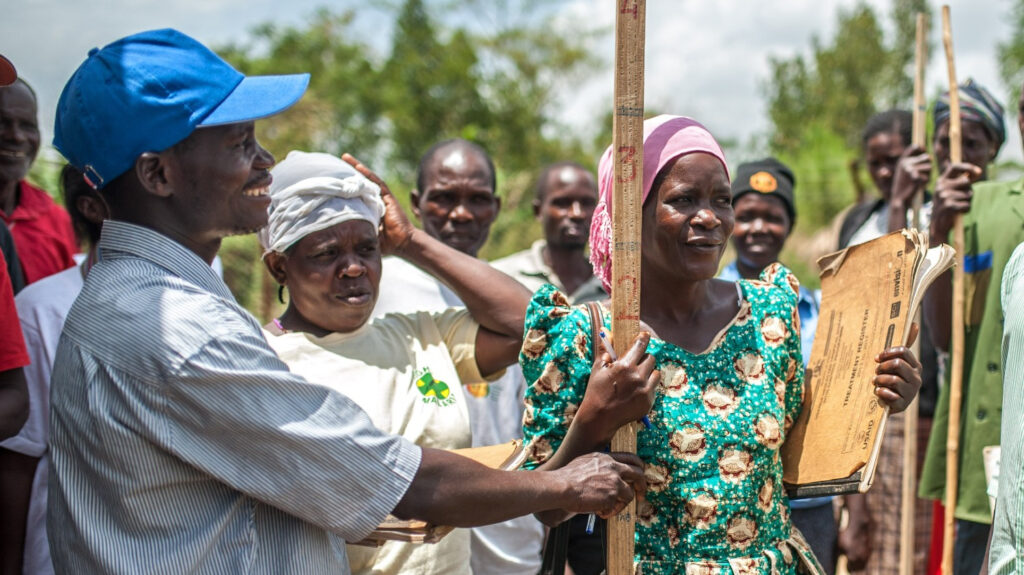The COUNTDOWN programme
This innovative research programme into neglected tropical diseases ran from 2014 to 2021. Here you can learn more and access helpful tools and resources.

COUNTDOWN was a seven-year programme of research into neglected tropical diseases (NTDs) including river blindness, lymphatic filariasis, schistosomiasis and intestinal worms.
Sightsavers carried out a range of research projects in Nigeria as part of COUNTDOWN, in collaboration with the Liverpool School of Tropical Medicine and with the health ministries of Kaduna, Kwara and Ogun states. Our researchers worked alongside local communities to find practical solutions in the fight against these diseases.
The research team have now published a range of tools, training manuals and other useful resources both for researchers and for staff who work on NTD programmes. Choose one of the six projects below to access these resources.